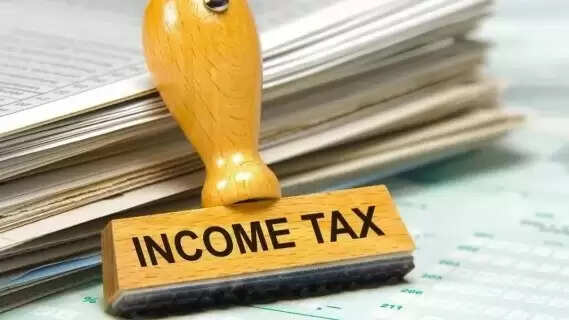
New Tax System: Many salaried workers end up filing their income tax returns just to have their excess TDS refunded, even when their income is well below the taxable limit. The government is therefore looking to ease this burden, with plans to introduce the change in the forthcoming Income Tax Bill-2025. What does the committee recommend? As reported in the Hindustan Times, the Select Committee has concluded that requiring a full ITR from someone whose income is beneath the taxable threshold is redundant, especially when TDS has already been deducted. The committee has therefore proposed that eligible taxpayers be allowed to claim their refunds by completing a simple claim form, referencing the data already recorded in Form 26AS. Just fill this form instead of ITR Under this proposed bill, the obligation to submit a full ITR will be replaced by a streamlined form specifically based on TDS details in Form 26AS. The CBDT is currently developing this form, aiming to ensure a quicker turnaround while fully removing the need for a complete income tax return.Biggest relief for low earnersThe new tax framework brings welcome news for salary earners. If your total taxable salary reaches ₹ 12.75 lakh or less and you file the required paperwork, you face no income tax bill. Simple as that. What often trips people, though, is that employers deduct TDS anyway when the paperwork doesn’t arrive on time. That has meant the yearly grind of filing an income tax return just to get the refund. Now that yearly odyssey could become a thing of the past.Data access and rightsThe expert group has also turned its attention to our digital footprints. The proposed bill would empower income tax officers to review taxpayers’ devices, ledgers, and income-and-expense records. The aim, according to the panel, is to strengthen transparency and curtail guesswork in tax audits. If all goes to schedule, the change would kick in on April 1, 2026, once the bill passes Parliament following the 2025–26 budget. The draft will morph after the task force, which has proposed 285 distinct changes, sits down for its final round of revisions.
Around the web

